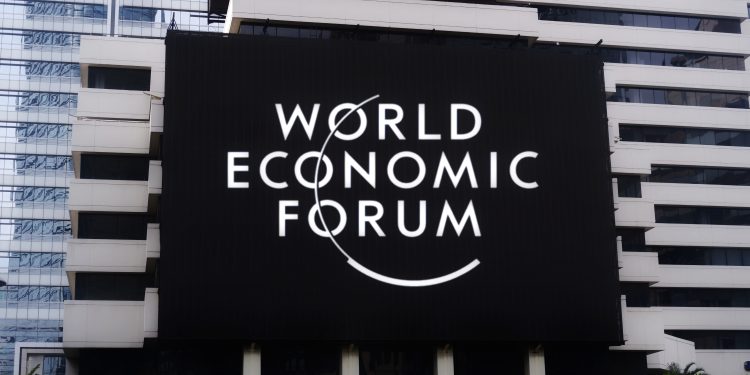In Davos, Switzerland, the Kingdom of Saudi Arabia has solidified its commitment to environmental and sustainability issues by entering into two strategic agreements with the World Economic Forum’s innovation platform, UpLink. These partnerships were formalized during the prominent World Economic Forum Annual Meeting of 2024.
His Excellency Faisal F. Alibrahim, the Saudi Minister of Economy and Planning, and Børge Brende, the President of the World Economic Forum, signed agreements focusing on ‘Catalyzing Innovation for an Ocean Positive Economy’ and ‘Catalyzing Innovation for a Positive Circular Carbon Economy (CCE).’ These initiatives are designed to nurture ecosystems of innovation that empower early-stage impact entrepreneurs, driving investments and support for innovative solutions to critical sustainability challenges like ocean degradation, loss of biodiversity, and the circular carbon economy.
The Saudi Ministry of Economy and Planning leads this initiative in collaboration with the Ministry of Energy, the Ministry of Environment, Water and Agriculture, the Saudi Green Initiative, and the WAVE Initiative under FII. His Excellency Alibrahim remarked on the agreements, expressing Saudi Arabia’s resolve to confront climate and sustainability challenges through responsible environmental management and the promotion of transformative, scalable technological solutions. He emphasized the Kingdom’s commitment to fostering sustainable economic growth in alignment with national and international sustainable development goals.
John Dutton, the Head of UpLink, emphasized the critical role of innovative solutions from early-stage entrepreneurs in achieving the Sustainable Development Goals. UpLink aims to develop a supportive ecosystem for these entrepreneurs by providing resources, expertise, and funding. He noted that the strengthened partnership between UpLink and Saudi Arabia exemplifies the significant impact of innovative collaboration.
The latest agreement builds upon the MEP-UpLink partnership initiated in 2022, which had already launched successful initiatives such as the ‘Food Ecosystems in Arid Climate Challenge’ and the ‘Smarter Climate Farmers Challenge.’ These challenges garnered over 430 submissions, resulting in 22 winners who were celebrated for their pioneering solutions. The winners benefited from funding, global recognition, and access to WEF and partner events.


